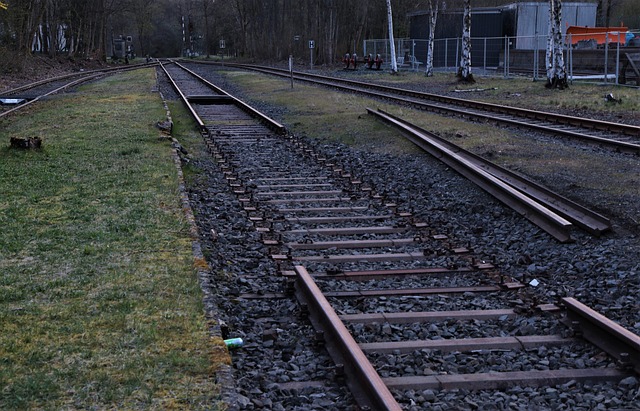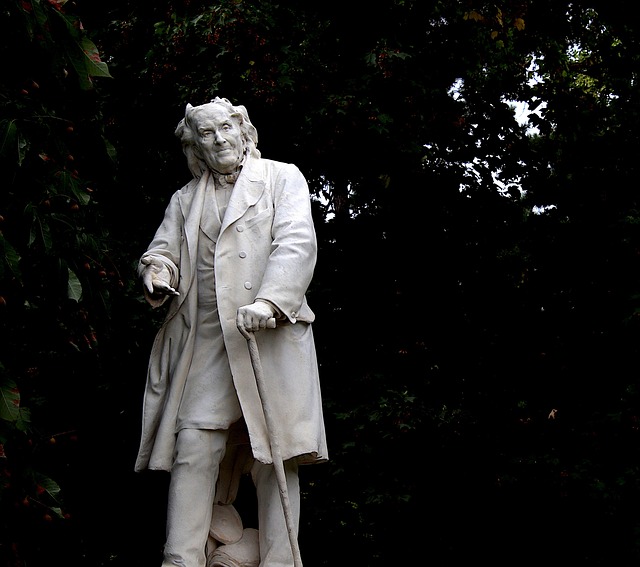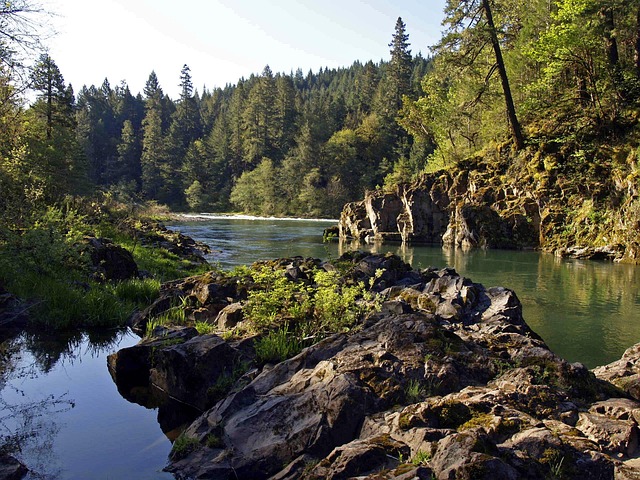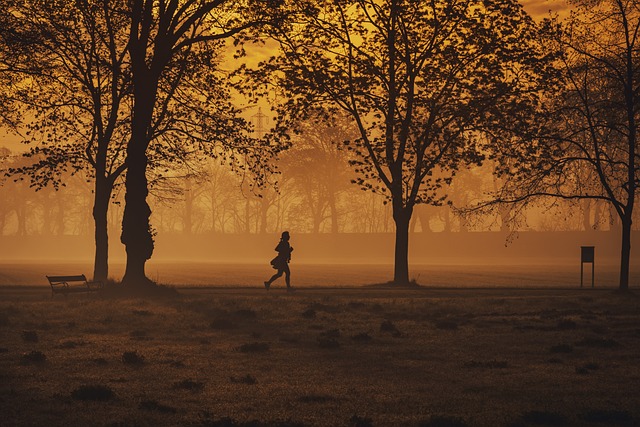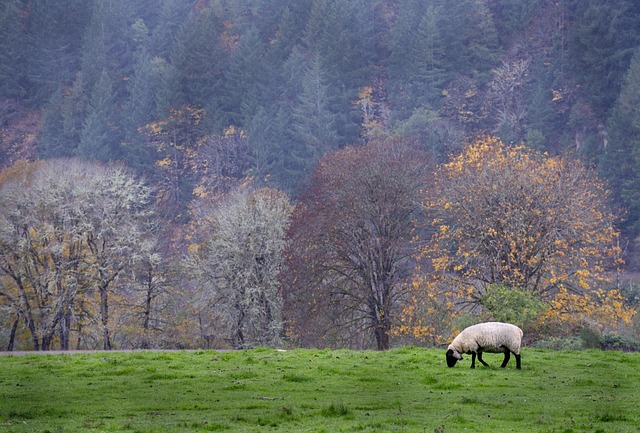Track Town USA, rooted in America's athletic history, emerged from vibrant historic track meets of the 19th and 20th centuries, celebrating speed, endurance, and community. Its legacy includes iconic races and record-breaking moments, with athletes like Jesse Owens inspiring generations. In the digital age, efforts to revitalize historic track meets preserve this sporting heritage, fostering community and excellence while commemorating the town's athletic glory days.
“Track Town USA, a legacy woven into the fabric of American athletics, boasts a rich history dating back to the early 20th century. This iconic locale has witnessed countless historic track meets, fostering remarkable stories and record-breaking performances that continue to inspire athletes worldwide. From its humble beginnings to becoming a mecca for track and field enthusiasts, Track Town USA’s legacy endures, shaping the sporting landscape even today.”
- Origins of Track Town USA: A Historical Overview
- Iconic Races and Record-Breaking Moments
- Modern Legacy: Preserving the Sporting Spirit
Origins of Track Town USA: A Historical Overview

Track Town USA, a term that evokes a rich athletic heritage, originated from a series of historic track meets that took place in various locations across the United States during the late 19th and early 20th centuries. These gatherings were not just sporting events; they were cultural phenomena that brought communities together to celebrate speed, endurance, and human potential. The concept of a “Track Town” evolved as these meets became regular fixtures on local calendars, attracting athletes, spectators, and businesses alike, transforming host cities into vibrant hubs of athletic competition.
The roots of Track Town USA can be traced back to the rise of organized track and field events in America, fueled by the growing popularity of athletics among both amateurs and professionals. Historic track meets, often held on grand grandstands or temporary circuits, featured a mix of local and international talent, showcasing world-class performances that inspired generations of athletes. These early gatherings laid the foundation for what would become a legacy, shaping the athletic landscape and fostering a deep-rooted passion for track and field across the nation.
Iconic Races and Record-Breaking Moments

Track Town USA’s legacy is adorned with iconic races and record-breaking moments that have etched itself into the fabric of athletic history. Historic track meets, like the Olympic Trials and national championships, have witnessed legendary performances that still resonate today. The 100-meter dash, in particular, has been a stage for remarkable speedsters who pushed the boundaries of human capability, leaving audiences in awe. These events not only celebrated individual achievements but also fostered a sense of community and national pride.
Every stride, every jump, and every throw in these historic track meets have contributed to an unparalleled sporting heritage. Athletes like Jesse Owens, who defied expectations at the 1936 Berlin Olympics, and Al Joyner, whose long jump record still stands, have become symbols of excellence. Their stories continue to inspire future generations, solidifying Track Town USA’s place as a mecca for track and field enthusiasts worldwide.
Modern Legacy: Preserving the Sporting Spirit
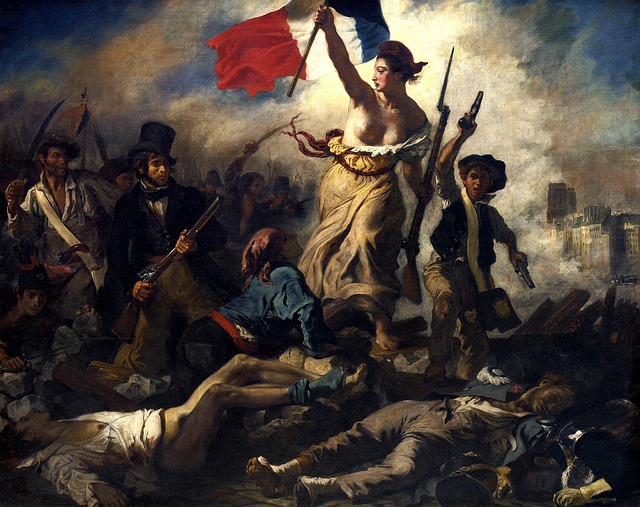
In the digital age, the spirit of Track Town USA lives on through various initiatives focused on preserving its rich athletic heritage. Modern legacy efforts include revitalizing historic track meets, ensuring that the passion for sports continues to inspire future generations. These events not only celebrate the past but also serve as platforms to introduce new athletes to the joys of competition, fostering a sense of community and sporting excellence.
By organizing and promoting these meet-ups, Track Town USA’s descendants aim to maintain the legacy of dedication, hard work, and camaraderie that defined its athletic glory days. The emphasis on historic tracks underscores the enduring impact of these venues as centers for sportsmanship, cultural exchange, and memorable achievements, all while adapting to contemporary sporting landscapes.
